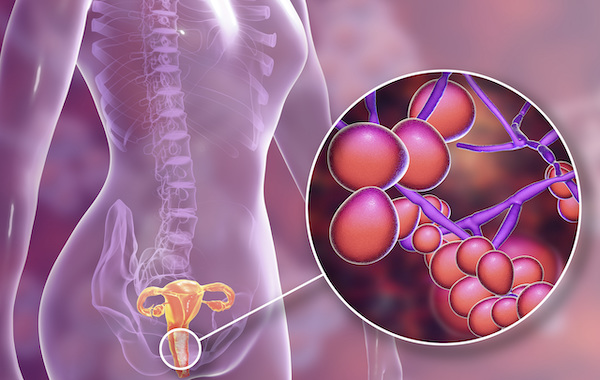
Yeast Infection During Pregnancy: A Comprehensive Guide
Introduction
Yeast infections are a common occurrence during pregnancy, affecting up to 30% of women. Caused by an overgrowth of the Candida fungus, these infections can cause significant discomfort and distress. Understanding the causes, symptoms, and treatment options for yeast infections during pregnancy is crucial for expectant mothers.
Causes of Yeast Infections in Pregnancy
During pregnancy, hormonal changes, particularly an increase in estrogen levels, create an environment conducive to Candida growth. These hormonal shifts alter the pH balance of the vagina, making it more alkaline and less acidic, which favors the proliferation of Candida.
Other factors that can contribute to yeast infections during pregnancy include:
- Increased glucose levels: Pregnancy hormones can elevate blood sugar levels, providing a nutrient source for Candida.
- Weakened immune system: Pregnancy suppresses the immune system to prevent rejection of the fetus, which can make women more susceptible to infections.
- Poor hygiene: Neglecting proper vaginal hygiene can increase the risk of yeast infections.
- Antibiotic use: Antibiotics can disrupt the balance of vaginal bacteria, allowing Candida to flourish.
- Diabetes: Women with gestational diabetes have higher glucose levels, which can fuel Candida growth.
Symptoms of Yeast Infections in Pregnancy
Yeast infections during pregnancy typically manifest with the following symptoms:
- Vaginal itching and burning: Intense itching and irritation in the vaginal area.
- Vaginal discharge: A thick, white, cottage cheese-like discharge that may be odorless or have a mild yeasty smell.
- Pain during intercourse: Intercourse can aggravate vaginal irritation and cause discomfort.
- Painful urination: Candida can irritate the urethra, causing pain and burning during urination.
- Redness and swelling: The vaginal area may appear red and swollen.
Diagnosis of Yeast Infections in Pregnancy
Diagnosing a yeast infection during pregnancy involves a physical examination and a vaginal swab. The healthcare provider will inspect the vaginal area for signs of infection and collect a sample of vaginal discharge for laboratory analysis. The laboratory will culture the sample to identify the presence of Candida and determine the appropriate treatment.
Treatment of Yeast Infections in Pregnancy
Treatment for yeast infections during pregnancy typically involves antifungal medications. These medications are available in various forms, including:
- Topical creams or ointments: Applied directly to the vagina, these medications target the Candida fungus.
- Vaginal suppositories: Inserted into the vagina, these suppositories release antifungal medication over time.
- Oral medications: In severe cases, oral antifungal medications may be prescribed.
It is important to follow the healthcare provider’s instructions carefully and complete the full course of treatment to prevent recurrence.
Preventing Yeast Infections in Pregnancy
While not all yeast infections can be prevented, certain measures can help reduce the risk:
- Maintain good vaginal hygiene: Wash the vaginal area daily with warm water and a mild, unscented soap. Avoid using harsh soaps or douches.
- Wear cotton underwear: Cotton allows for better air circulation, reducing moisture that can promote Candida growth.
- Change underwear frequently: Change underwear daily or more often if it becomes damp.
- Avoid tight clothing: Tight clothing can trap moisture and create a warm, humid environment favorable for Candida.
- Limit sugary foods: Candida thrives on sugar, so reducing sugar intake can help prevent overgrowth.
- Manage diabetes: Women with gestational diabetes should closely monitor their blood sugar levels and follow their healthcare provider’s recommendations.
- Avoid antibiotic overuse: Antibiotics should only be used when necessary and as prescribed by a healthcare provider.
Complications of Yeast Infections in Pregnancy
Yeast infections during pregnancy can lead to several complications, including:
- Premature birth: Severe yeast infections can increase the risk of premature birth.
- Low birth weight: Candida infections can affect fetal growth, leading to low birth weight.
- Amniotic fluid infection: In rare cases, yeast infections can spread to the amniotic fluid, causing an infection that can harm the fetus.
Conclusion
Yeast infections during pregnancy are common and can cause significant discomfort. Understanding the causes, symptoms, and treatment options is essential for expectant mothers. By following preventive measures and seeking prompt medical attention when symptoms arise, women can effectively manage yeast infections and ensure a healthy pregnancy.